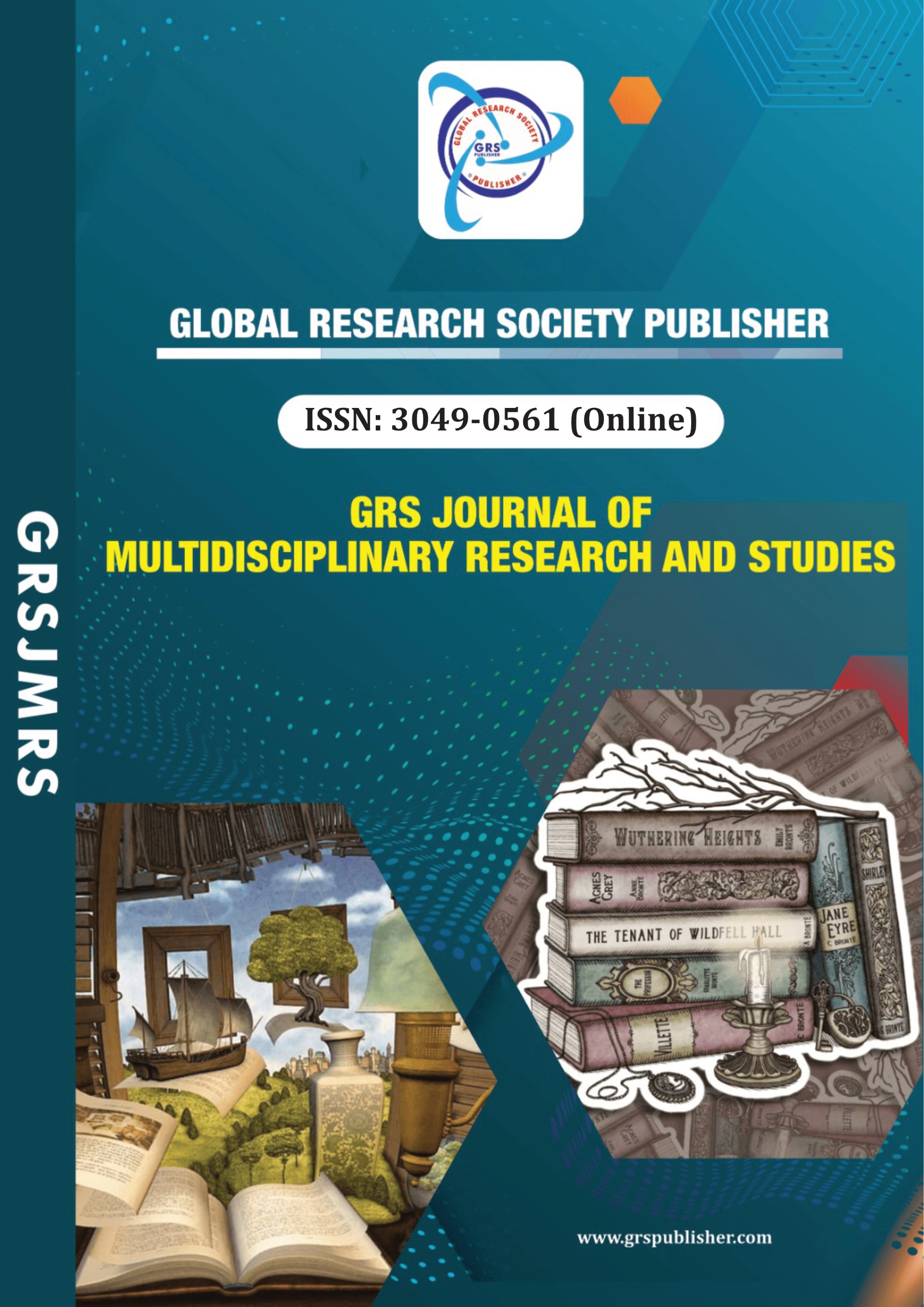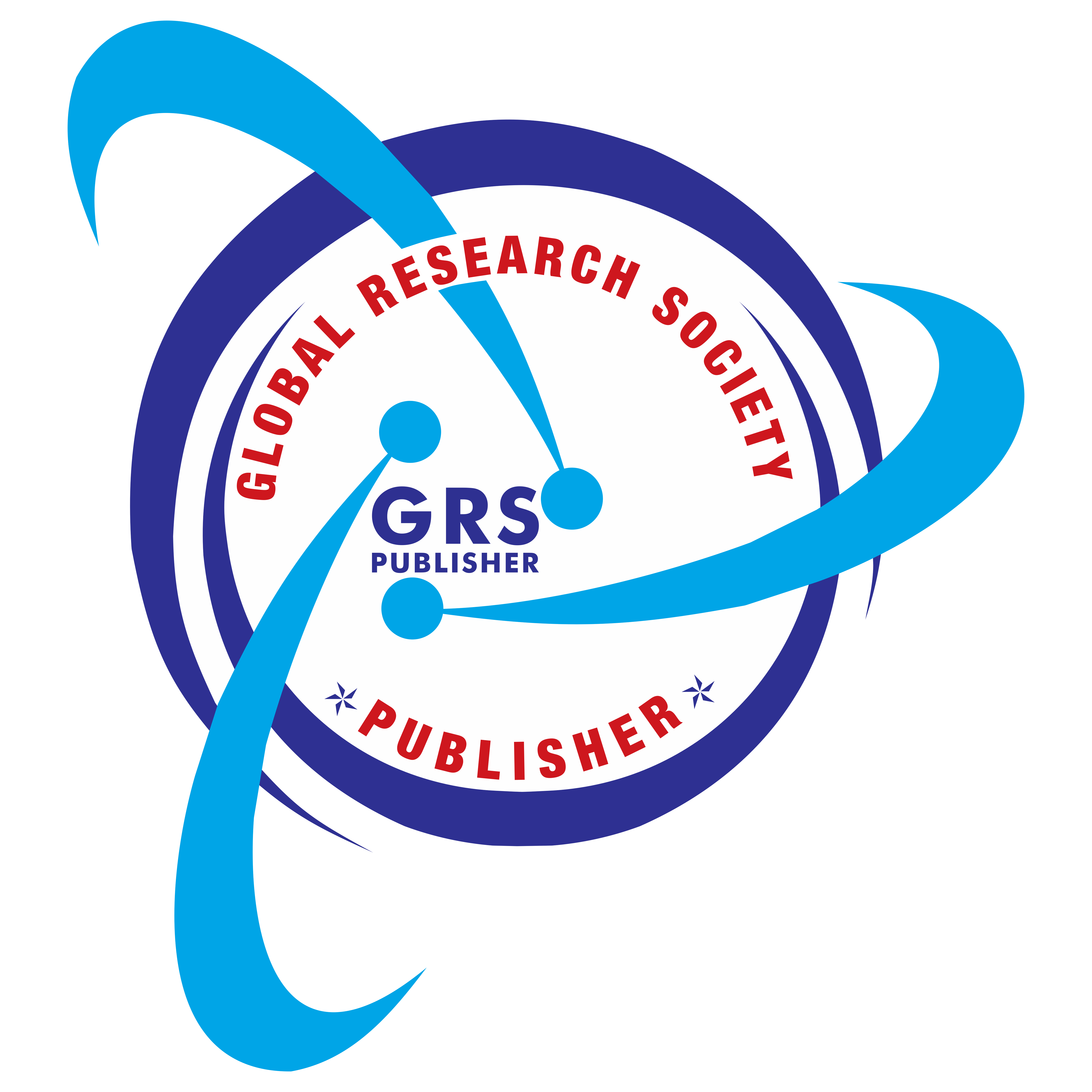TESTING ENVIRONMENTAL KUZNET CURVE IN NIGERIA (1990-2022) THE ROLE OF TRADE OPENNESS ON ENVIRONMENTAL POLLUTION
Sr No:
4
Page No:
20-28
Language:
English
Authors:
Ahmad Isah Ammani
Published Date:
2024-11-08
Abstract:
Using data from 1990 to 2022, this study examines how trade openness affects environmental contamination and evaluates the Environmental Kuznets Curve (EKC) hypothesis in Nigeria. The results, which were obtained using the Autoregressive Distributed Lag (ARDL) model, demonstrate that trade openness has a substantial long-term and short-term impact on environmental pollution. In particular, over time, there is a 0.07% increase in environmental pollution for every 1% increase in trade openness. The EKC hypothesis, which contends that initial economic expansion causes environmental degradation but ultimately leads to improvements, is supported by the positive and considerable impact that economic development has on environmental pollutants. Deforestation has a beneficial but negligible impact on the environment, whereas urbanisation has a positive correlation with pollution. Urbanisation, economic growth, and trade openness all have a major short-term impact on pollution, whereas deforestation has little effect. In order to lessen the detrimental environmental effects of trade openness and economic growth, the study suggests the implementation of cleaner production technologies, stronger environmental regulations, the encouragement of sustainable urban planning, and initiatives to stop deforestation.
Keywords:
Trade Openness, Environmental Pollution, Environmental Kuznets Curve (EKC), Economic Development, ARDL Model.
Journal: GRS Journal of Multidisciplinary Research and Studies
ISSN(Online): 3049-0561
Publisher: GRS Publisher
Frequency:
Monthly
Language:
English

